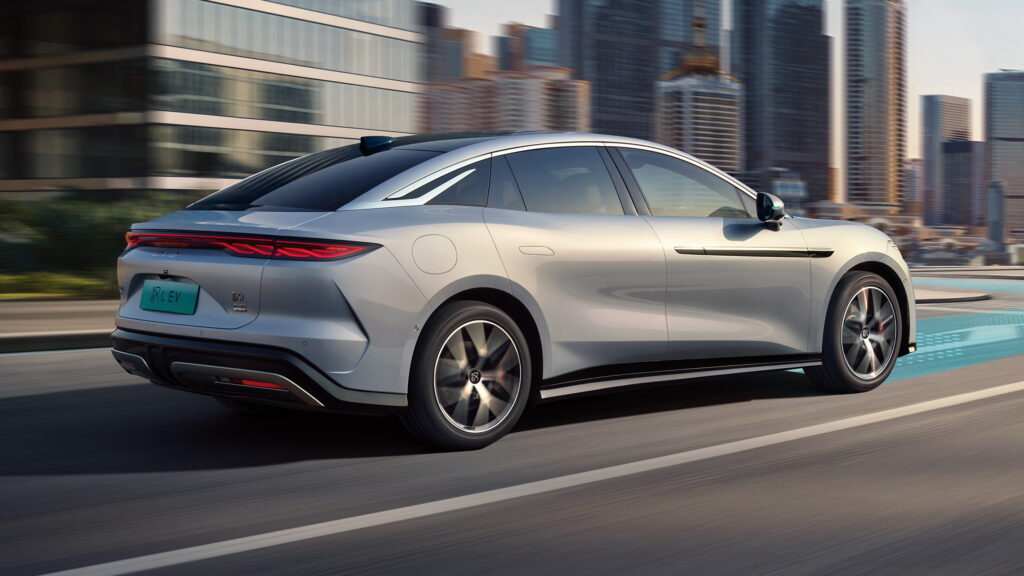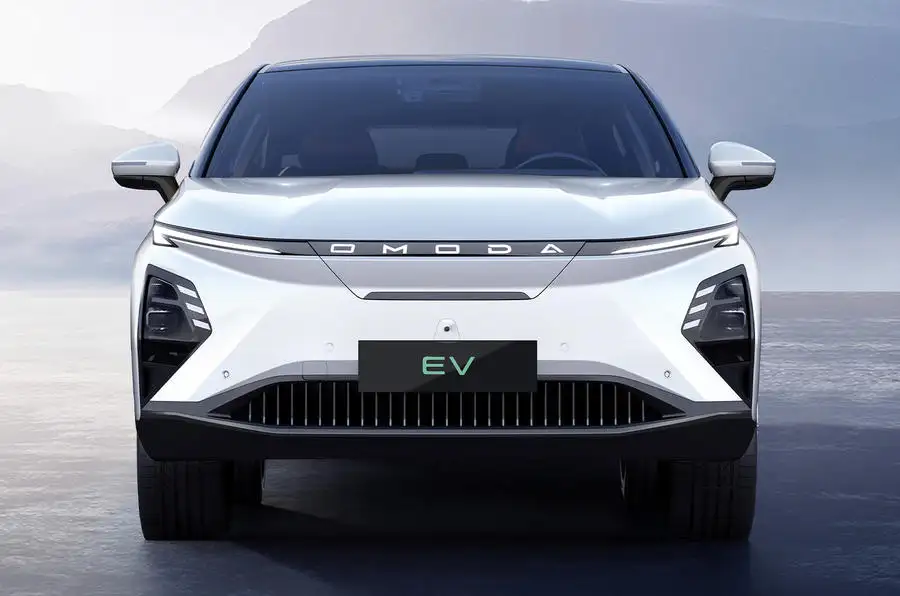BYD received 143 million yuan ($20 million) in subsidies for just 4,900 cars
July 14, 2025 at 10:32

- Chinese audit reveals $121 million in EV subsidies given to companies that didn’t qualify.
- BYD and Chery allegedly received millions for vehicles that failed to meet requirements.
- China’s Ministry hasn’t confirmed whether misused funds have been repaid or deducted.
China’s electric vehicle industry has seen explosive growth in recent years, and much of that momentum has been fueled by generous government incentives. While this support has helped establish China as a global EV powerhouse, a closer look reveals that not all of the subsidies have been fairly or properly claimed.
Read: China Has Poured Over $230 Billion Into EV Industry, Study Finds
Even some of the country’s biggest names in the EV space, including BYD and Chery Automobile, have reportedly received funds they weren’t entitled to.
An audit of China’s EV subsidy program covering the years 2016 through 2020 uncovered that around 864 million yuan (roughly $121 million at current exchange rates) was distributed to automakers that didn’t meet the qualifying criteria. Chery, for instance, claimed 240 million yuan (about $33 million) for approximately 8,860 electric and hybrid vehicles that were not eligible for the subsidy.
Big Names, Big Numbers
Additionally, China’s Ministry of Industry and Information Technology has revealed that 143 million yuan (about $20 million) worth of subsidies were provided to BYD for just 4,900 cars. There’s no word on whether these subsidies have had to be returned to the authorities or if the excess amounts were deducted from recent payments, as reported by Bloomberg.

Subsidy System Open to Abuse
China launched its EV subsidy program in the early 2010s and provided as much as 60,000 yuan ($8,400) per car. This rebate was paid in bulk to manufacturers who could then use the discount to slash prices for customers. As it turns out, the program was rife for scams, and in 2016 alone, it’s reported that dozens of companies fraudulently claimed roughly 9.3 billion yuan (approximately $1.3 billion) in subsidies.
Government officials are keeping a watchful eye on the local EV market. Car brands have been urged to stop the ongoing price war and to stop using shady sales targets to boost volumes. It was recently revealed that many companies are providing new dealers to traders and dealers in bulk, who then register them so brands can record them as sales. These vehicles then hit the market as “zero-mileage used cars.”








